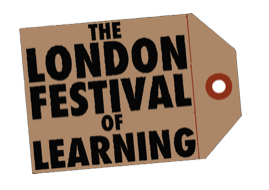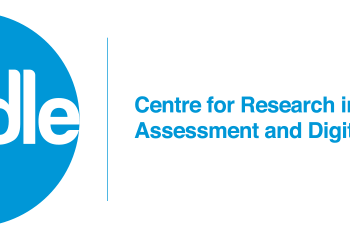
Complex problem solving, critical thinking and creativity are the three most important capabilities for thriving in the Fourth Industrial Revolution. These are not traditionally developed through legacy learning and development systems (human or digital) because they require real-world, purposeful problems and contexts, the ability to work across silos, new measurement models and courageous leadership. Learning design for teachers is about creating the conditions where students can take respons...
Read More
Read More






